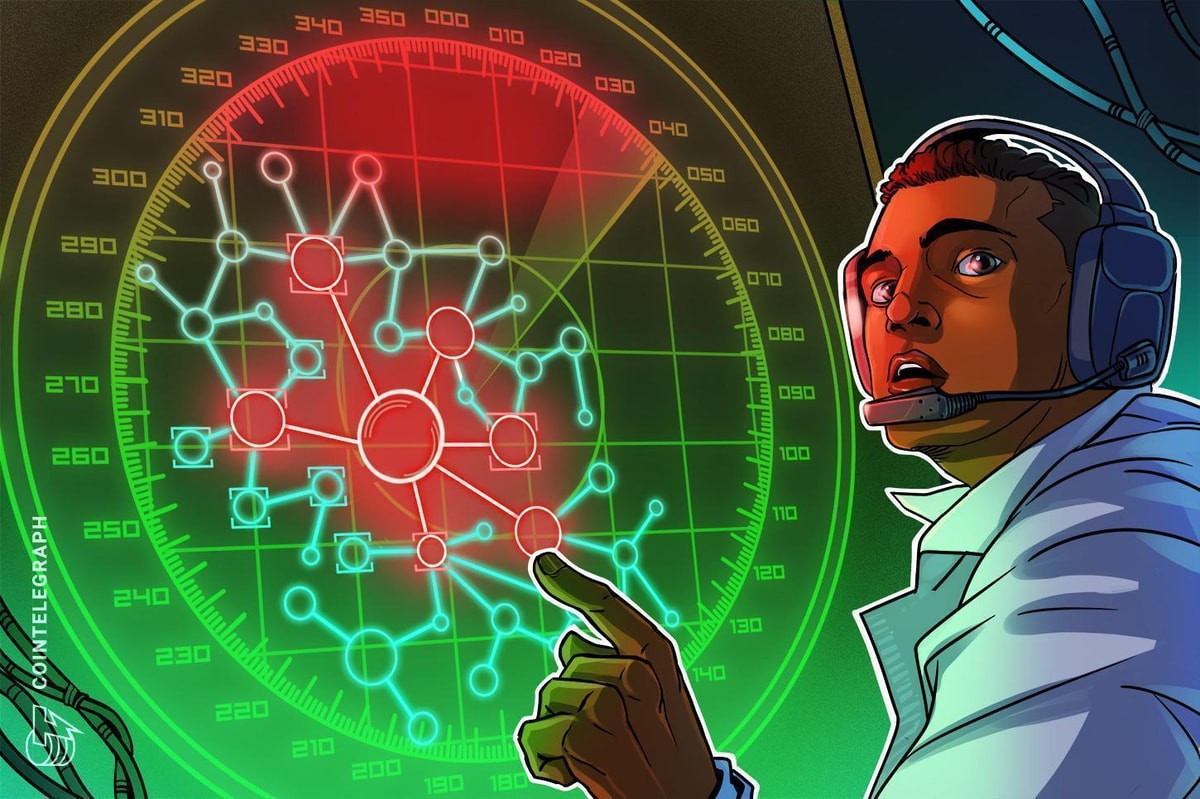The Oracle Problem Isn’t Just Technical; It’s Political
Opinion by: Will Fey, Co-Founder and Smart Contract Developer at Ammalgam
We talk about oracles like they’re plumbing: an invisible utility that keeps prices flowing into protocols. Oracles are not neutral infrastructure. They’re dependencies. Over time, they’ve become political ones.
DeFi is built on a promise: permissionless markets, composable systems and minimized trust.
In 2025, however, most major lending and trading protocols route their most sensitive functions — liquidations, collateral checks, pricing decisions — through a single oracle network.
This isn’t decentralization. It’s risky by design.
The problem isn’t new, but it’s getting worse
This isn’t a dig at the people building oracles. The issue is structural.
Protocols outsource pricing to avoid manipulation, latency and gas costs. Makes sense on paper. What happens when the oracle stalls? When latency spikes to 30 seconds? When a bad feed forces mass liquidations of solvent accounts?
We’ve seen it play out, just last week. That may have been the worst time, but it’s not the first time. It won’t be the last.
Venus suffered a $100 million liquidation spiral triggered by a manipulated price feed. Mango Markets was drained after its oracle was gamed in a coordinated attack. Fortress DAO lost millions due to oracle manipulation. Curve’s July 2024 CRV event saw panic ripple across lending protocols as oracle-fed values dropped precipitously. In March 2022, Inverse Finance lost over $15 million when attackers manipulated the pricing oracle to borrow out more funds than their collateral justified.
Protocols have repeatedly said the same thing: “It was an oracle issue.” But that’s the point. If a single price feed can bring down a system, that’s a side effect of a serious design flaw.
The danger isn’t just technical fragility. It’s centralization creeping in. When core systems rely on a few privileged data sources, DeFi becomes indistinguishable from fintech.
Oracle dependency is a form of soft governance
If your protocol’s solvency hinges on Chainlink’s next price tick, then Chainlink is upstream governance on top of middleware.
Oracles decide when liquidations happen, your collateral’s worth and how much you can borrow. That’s meaningful control. Yet users don’t vote on feed configurations, can’t audit every step of the pricing pipeline and often don’t even know when critical parameters have changed.
Feed logic can be updated, sources can be swapped, or thresholds can be recalibrated without onchain governance or community oversight.
Related: NYSE-parent ICE taps Chainlink to bring forex, precious metals data onchain
This is soft governance through dependency — unvoted, opaque and increasingly consequential. The result is that DeFi users unknowingly rely on a handful of unaccountable actors for outcomes that affect billions in value. The data providers become de facto risk managers, embedded deep into protocol logic without being subject to the same scrutiny or checks.
Interestingly, some newer entrants have started to rethink the model by focusing on transparent infrastructure, onchain observability and minimizing latency. This new approach and innovative architecture have gained traction in certain circles, even briefly appearing on DefiLlama metrics before being removed. Whether Stork becomes the alternative, the momentum toward oracle pluralism is long overdue.
It’s time to diversify the stack
This isn’t a rejection of oracles. It’s a call for optionality.
Oracles are helpful, but they can’t be the only input. Some newer architectures are already experimenting with alternatives. Protocols are exploring onchain liquidity references, internal AMM-based pricing and fallback mechanisms that adapt to volatility or failed updates.
Resilience means having more than one way to determine truth. If your protocol dies because one oracle fails, you were never decentralized. You were brittle.
We need systems that reward participants for taking risks, penalize behavior that endangers shared liquidity and adapt in real time to stress. And above all, we need systems that aren’t wholly dependent on infrastructure that the protocol doesn’t control.
Decentralization should mean durability
Optionality is the real endgame. Not because it’s elegant, but because it’s robust.
DeFi won’t survive on trustless code alone — it needs systems that can bend without breaking. Infrastructure choices aren’t just technical, they’re political. Every dependency is a vote. And if we keep voting for oracle monocultures, we shouldn’t be surprised when they become gatekeepers.
Because when the next incident hits (and it will), you don’t want to be the one explaining why your $80 million liquidation event was “just an oracle issue.”
Opinion by: Will Fey, Co-Founder and Smart Contract Developer at Ammalgam.
This article is for general information purposes and is not intended to be and should not be taken as legal or investment advice. The views, thoughts, and opinions expressed here are the author’s alone and do not necessarily reflect or represent the views and opinions of Cointelegraph.


